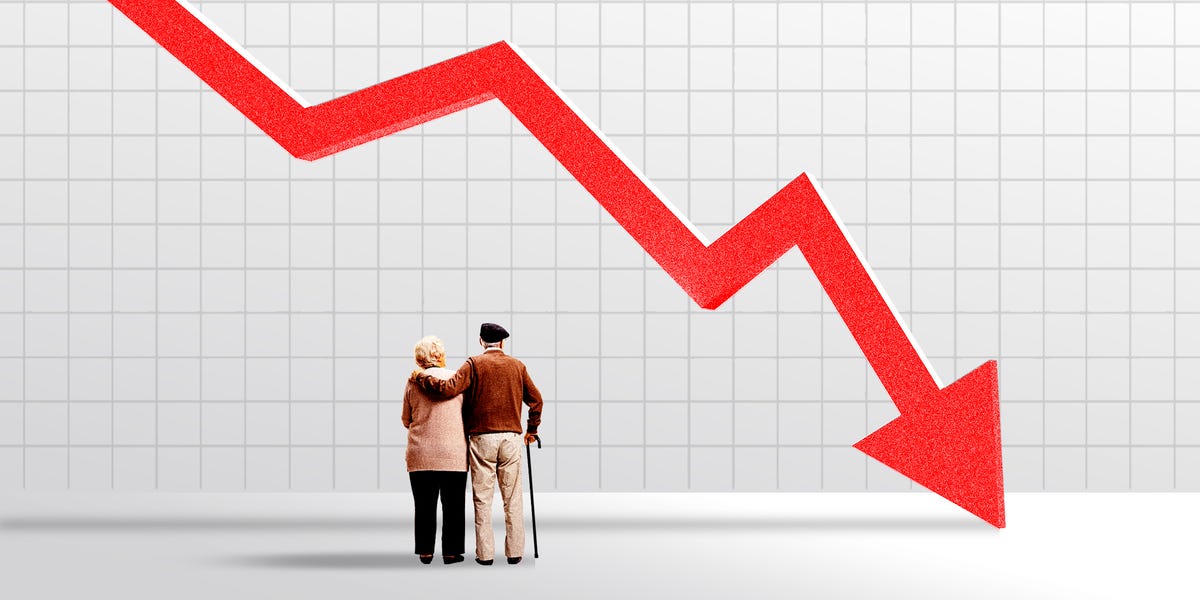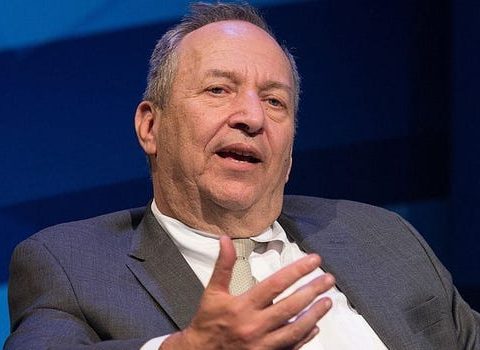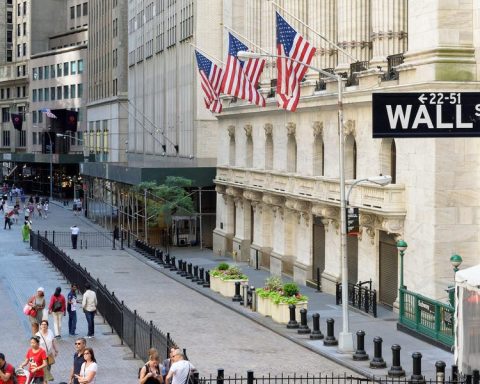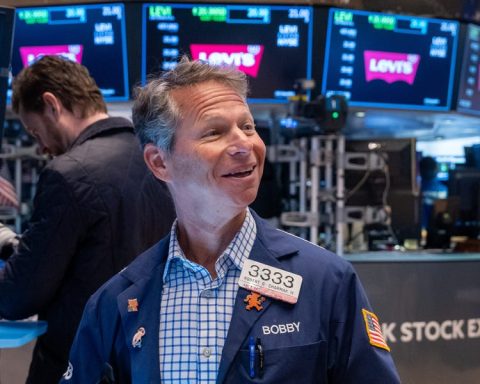Dreams of a peaceful retirement for baby boomers are at risk as a declining stock market threatens their financial plans. The S&P 500 index fell by 10% from February 19 to March 13, reaching a seven-month low, due to concerns that the Trump administration’s policies could lead the economy into a recession. It is still underperforming as of 2025.
This market downturn has negatively affected the portfolios of older Americans, diminishing their savings and raising concerns about affording the retirement they envisioned. Most boomers are currently in their 60s and 70s, preparing to retire or already in early retirement. They have significant investments in stocks, with nearly $20 trillion tied to their direct holdings and 401(k) accounts, as noted by David Rosenberg, president of Rosenberg Research and former chief North American economist at Merrill Lynch.
Many boomers have not taken profits, diversified, or rebalanced, leaving them vulnerable to market fluctuations with little time to recover losses. If their portfolio continues to decline while they draw on their investments for living expenses, they may not fully rebound even if the market recovers—an issue referred to as “sequence of return risk.” Rosenberg cautioned that continued market pullbacks could force many to re-enter the workforce, potentially working at places like Walmart.
Those who choose not to sell their stocks might have to significantly cut their retirement spending, sacrificing travel, digital devices, and cosmetic procedures, according to his research note this week.
Tim Schmidt, founder and CEO of Gold IRA Custodians, expressed concern that ongoing portfolio losses could lead to a retirement crisis. Millions of individuals may have to postpone retirement by three to five years, resulting in a “workforce bottleneck” that prevents younger employees from moving up in their careers, with severe implications for individuals, including depleted savings, heightened debt, and psychological stress.
Schmidt added that selling stocks at a loss could solidify those losses permanently. Reduced consumer spending could trigger a negative economic cycle, causing lower corporate profits, job reductions, further asset price drops, and a strain on housing markets as retirees forgo downsizing. This scenario may also compel younger generations to support their parents whose retirement savings have dwindled.
Dan Doonan, executive director of the National Institute on Retirement Security, stated that widespread retirement delays could hinder businesses’ ability to manage costs. If a recession occurs, saving less for retirement could hinder individuals’ comfort in their later years. A decline in consumer spending, when retirees cut back, could have broader economic implications. The stock market could also be affected if more individuals sell stocks to meet their living expenses, Mark Hamrick, Bankrate’s senior economic advisor, warned.
Many current and future retirees may feel pressured to cash out of their investments due to fears of further market declines. However, Judith Ward, a thought leadership director at T. Rowe Price, cautioned against making hasty decisions like withdrawing investments in a panic, as this could undermine years of careful planning.
Rita Assaf, a vice president at Fidelity Investments’ retirement division, emphasized that the urge to react is strong during uncertain times but that significant changes to investments can often backfire. Investing too conservatively might lead to insufficient retirement income and difficulties in managing inflation, she explained.
Doonan pointed out that markets generally recover over a few years, so “selling in fear after prices plunge and buying back when it feels safe can result in losses.” However, Rosenberg encouraged boomers to recognize the reality that bull markets don’t last indefinitely. He suggested that the best strategy to mitigate current losses is to de-risk their portfolios by shifting into cash, bonds, and gold.
Assaf proposed a “diversified income plan” to ensure essential expenses, like food and housing, are met through guaranteed income sources that keep pace with inflation, such as Social Security and annuities. Retirees can then use savings for discretionary spending, with the flexibility to cut back when necessary.
She advised withdrawing no more than 4% to 5% of one’s assets annually and taking into account healthcare costs that can exceed $165,000 from age 65 onward. Ward suggested maintaining a long-term perspective, rebalancing portfolios to include more bonds to buffer against market volatility, and automating contributions while considering ways to cut expenses or postpone large purchases during downturns.
Additionally, having a separate cash account can help avoid selling assets at low prices. She also recommended that retirees consider extending their careers or exploring part-time jobs and side hustles to bolster savings and delay withdrawals.
Sabino Vargas, a senior financial adviser at Vanguard, told Business Insider that older investors could secure their retirement by increasing contributions to their employer-sponsored plans, establishing health savings accounts, and utilizing home equity by relocating to a less expensive housing market.
Hamrick advised investors to regularly reassess their risk tolerance, asset allocation, and investment time horizon to ensure they remain aligned with their goals. He also emphasized the importance of reducing debt and enhancing emergency savings to manage uncertain times effectively.
Baby boomers have capitalized on a thriving stock market, but the reality is that market fluctuations are indifferent to their retirement objectives. Without proactive measures to protect their financial resources, they may face the prospect of spending their retirement years working rather than enjoying leisure time by the beach.







